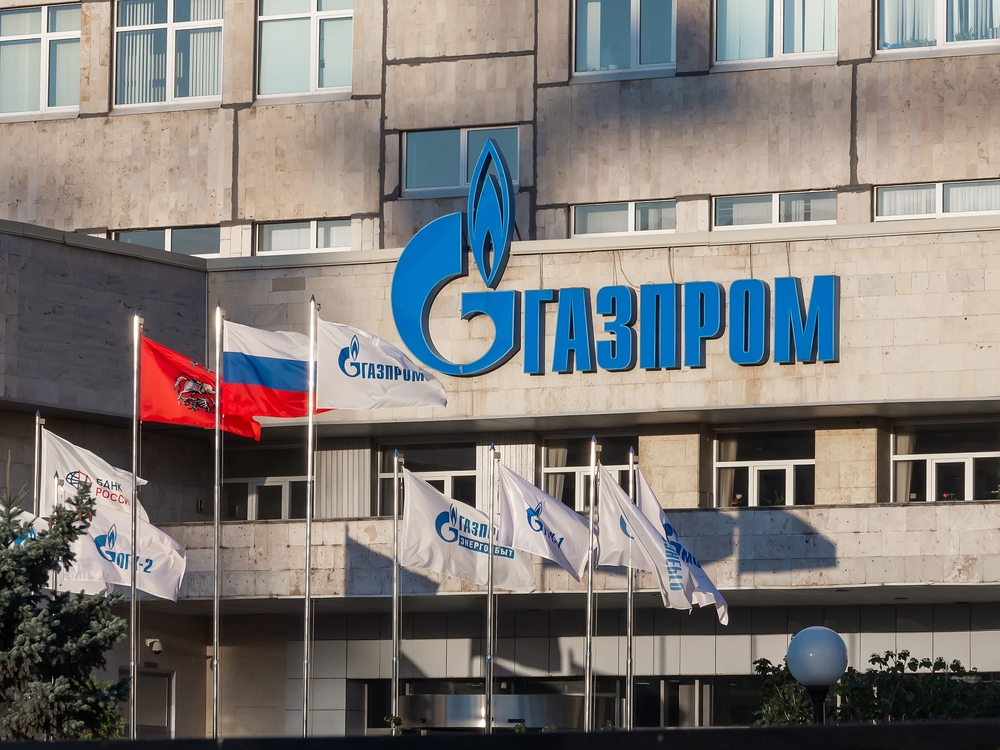From the derricks of Texas to the vast oil fields of Saudi Arabia, the quest for black gold has historically been a defining narrative of the 20th and early 21st centuries. The world’s leading fossil fuel corporations, armed with unprecedented revenues and global networks, wield influence that extends far beyond mere industrial dominance. In this article, we delve into the intricate web of these energy behemoths, unraveling the myriad ways in which they shape global economies, policies, and even the socio-political fabric of nations.
Contents
Saudi Aramco

As the state-owned oil conglomerate of Saudi Arabia, Saudi Aramco is unarguably the largest and most profitable fossil fuel company in the world. In 2019, it reported a record-breaking profit margin, emphasizing its robust economic muscle. Aramco not only shapes Saudi Arabia’s economy but also has a massive influence on the global energy markets, often dictating oil price trends. Its decisions on production levels and investments significantly influence the dynamics of the global energy sector, impacting everything from geopolitical relations to global economic health.
ExxonMobil

ExxonMobil, an American multinational oil and gas entity, has been a cornerstone in the fossil fuel industry for decades. Its economic power can be seen through its extensive operations across various countries, engaging in oil exploration, production, and refining. The company has often been at the helm of influencing energy policies globally and has a substantial stake in the petrochemical industry, showcasing its expansive economic footprint.
PetroChina

A subsidiary of China National Petroleum Corporation (CNPC), PetroChina is Asia’s leading oil and gas company. Its extensive operations in the exploration, refining, and distribution of fossil fuels have propelled it to the forefront of the energy market. The company’s investments in infrastructure and strategic partnerships underline its economic influence, often shaping energy security and trade dynamics in the Asian region.
Royal Dutch Shell

Royal Dutch Shell, headquartered in the Netherlands, is a global powerhouse in the energy sector. Its economic influence stretches beyond its massive revenues, as it is involved in various aspects of the energy sector, including oil and gas exploration, production, and refining. Shell has often been a pioneer in adopting new technologies and strategies, influencing the industry’s trajectory toward a more sustainable future while maintaining a significant role in the global energy supply chain.
Chevron

Another giant from the USA, Chevron operates across all corners of the globe, holding a substantial share of the market in the production and distribution of oil and gas. Its economic prowess can be gauged not only from its revenues but also from its investments in research and development, often driving innovations in the energy sector. The company has substantial influence in shaping energy policies and market dynamics, with a network that intertwines with numerous economies worldwide.
BP (British Petroleum)

British multinational company BP operates in all areas of the oil and gas industry, including exploration, production, refining, distribution, and marketing. With a storied history dating back to the early 20th century, BP’s economic reach is vast. Its strategic moves, such as investments in renewable energy sectors, demonstrate its capability to influence the energy transition narrative on a global scale.
TotalEnergies

French company TotalEnergies, formerly Total, has a strong presence in more than 130 countries. Its influence in the global economy stems from its extensive operations in the fossil fuel sector and its substantial investments in renewable energy sources. This dual strategy not only underscores its economic power but also positions it as a key player in shaping the future of the global energy landscape.
Gazprom

Russian state-controlled company Gazprom is a dominant force in the natural gas sector. Its control over significant gas supplies to Europe gives it a pivotal role in influencing energy dynamics in the region. The company’s expansive pipeline network and strategic alliances underline its economic might, often intertwining with geopolitical narratives and shaping Russia’s economic and political engagements globally.
Rosneft

Another Russian heavyweight, Rosneft, primarily engages in the exploration, production, and sale of crude oil and natural gas. Its economic power is manifested in its control over significant energy assets in Russia and its strategic alliances with various international entities. Rosneft’s operations often intersect with broader economic and geopolitical agendas, making it a significant player in the global energy sector.
Equinor

Norwegian multinational company Equinor, formerly known as Statoil, has established itself as a leader in the energy sector, with operations spanning numerous countries. Its economic influence is reflected in its investments in fossil fuels and renewable energy sources, emphasizing a balanced approach towards energy production. Equinor’s initiatives in promoting sustainability and reducing carbon emissions showcase its role in influencing the transition towards a more sustainable global energy landscape.
This article originally appeared on MyCarMakesNoise.
More from MyCarMakesNoise
10 Big Reasons Electric Cars Fail to Impress Americans

Electric vehicles are heralded as the future of transportation, offering a cleaner and more sustainable alternative to traditional gasoline-powered cars. Yet, they continue to face significant hurdles in capturing the hearts and minds of American consumers. Read More.
17 Cars You Should Avoid Due to Frequent Breakdowns

Every car owner hopes for a reliable ride, but some vehicles have a knack for disappointing expectations with their frequent breakdowns. We delve into various models from acclaimed manufacturers such as Audi, Dodge, and Toyota, revealing why they’re more prone to mechanical and electrical issues. From troublesome transmissions to finicky electronics, discover what might be causing these cars to spend more time in the shop than on the road. Read More.
15 of The Largest Cars Ever Produced

In the automotive world, bigger can mean more comfort, enhanced capabilities, and undeniable luxury. The largest cars ever manufactured stand out not only for their spacious interiors and strong performance but also as symbols of opulent living. Read More.














